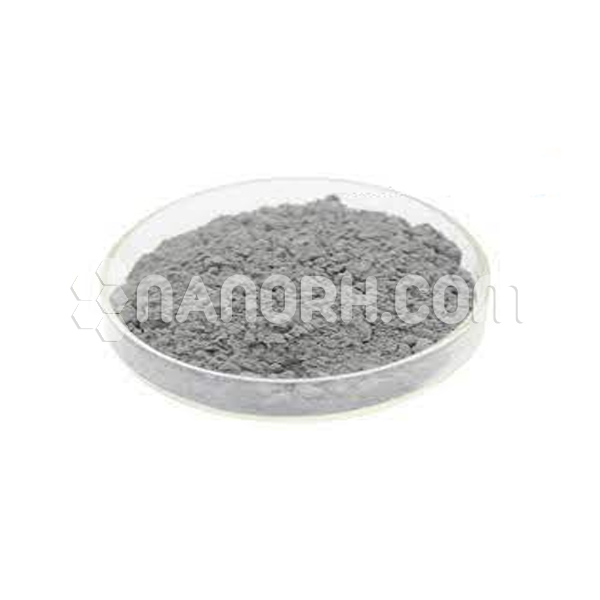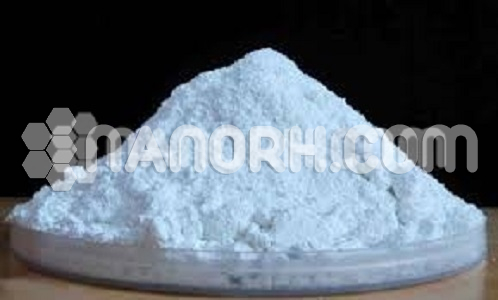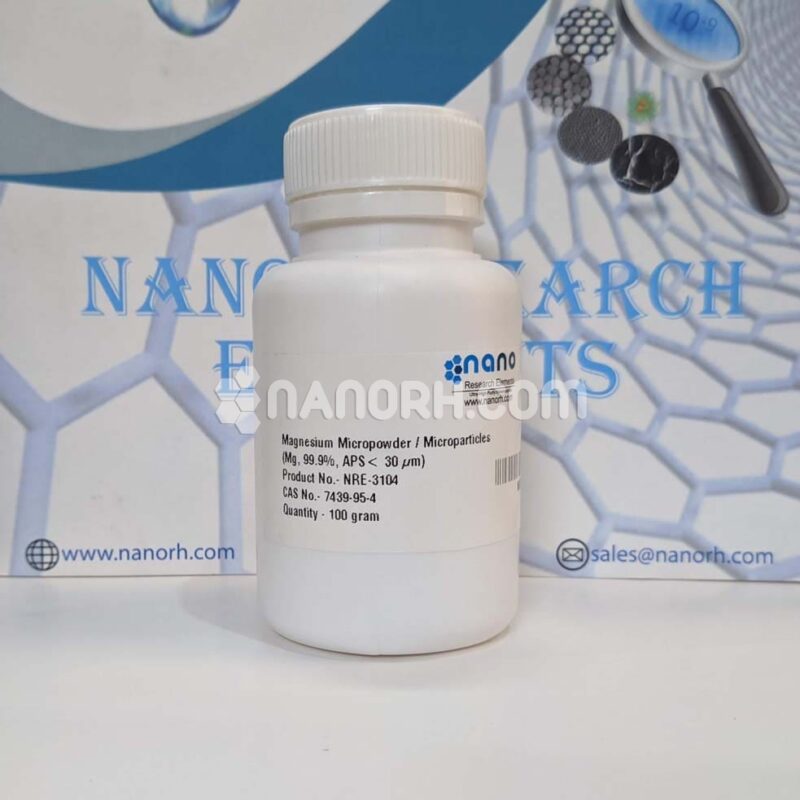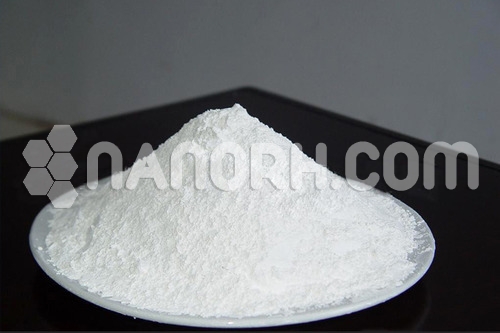| Nickel Molybdenum Alloy Powder | |
| Product No | NRE-9101 |
| CAS No. | 7440-02-0/7439-98-7 |
| Formula | Ni-Mo |
| Molecular Weight | 154.64 g/mol |
| APS | <40 um (Can be Customized) |
| Purity | 99.9% |
| Density | 9.2 g/cm3 |
| Color | Grey |
| Melting Point | 1560°C |
| Boiling Point | NA |
Nickel Molybdenum Alloy Powder
Nickel molybdenum alloy powder, often referred to as Ni-Mo alloy powder, finds applications in various industries due to its unique combination of properties. Here are some common applications:
Catalysis:
Ni-Mo alloy powders are commonly used as catalysts in chemical processes. The alloy’s surface properties make it effective in promoting chemical reactions, such as hydrogenation and desulfurization in the petroleum industry.
Hydrogenation Reactions:
The alloy is used in hydrogenation reactions, particularly in the production of edible oils and fats. It helps in reducing the levels of unsaturated fatty acids and enhancing the stability of oils.
Cermet Production:
Ni-Mo alloy powder is used in the production of cermets, which are composite materials combining ceramic and metallic elements. Cermets are valued for their hardness and wear resistance, making them suitable for applications like cutting tools and wear-resistant components.
Aerospace Industry:
In the aerospace industry, Ni-Mo alloy powders can be used in the manufacturing of components that require high strength, corrosion resistance, and heat resistance, such as turbine blades and other critical engine parts.
Electrodes for Battery Systems:
Nickel molybdenum alloy powder is sometimes utilized in the production of electrodes for certain types of batteries. The alloy’s conductivity and durability make it suitable for such applications.
Electroplating:
The alloy may be used in electroplating processes, providing a coating with enhanced corrosion resistance and improved mechanical properties.
Corrosion Resistance Applications:
Ni-Mo alloy powders are employed in environments where corrosion resistance is crucial. This includes applications in chemical processing plants and oil refineries where the material can withstand corrosive substances.
Additive Manufacturing:
With the growing popularity of additive manufacturing (3D printing), Ni-Mo alloy powder can be utilized to create intricate and customized components with specific material properties.
Electronic Components:
Due to its electrical conductivity and resistance to corrosion, Ni-Mo alloy powder can be used in the production of electronic components, such as connectors and contacts.
Heat Exchangers:
Nickel molybdenum alloy’s high-temperature strength and corrosion resistance make it suitable for use in heat exchangers and other components in industrial processes involving high temperatures and corrosive environments.




